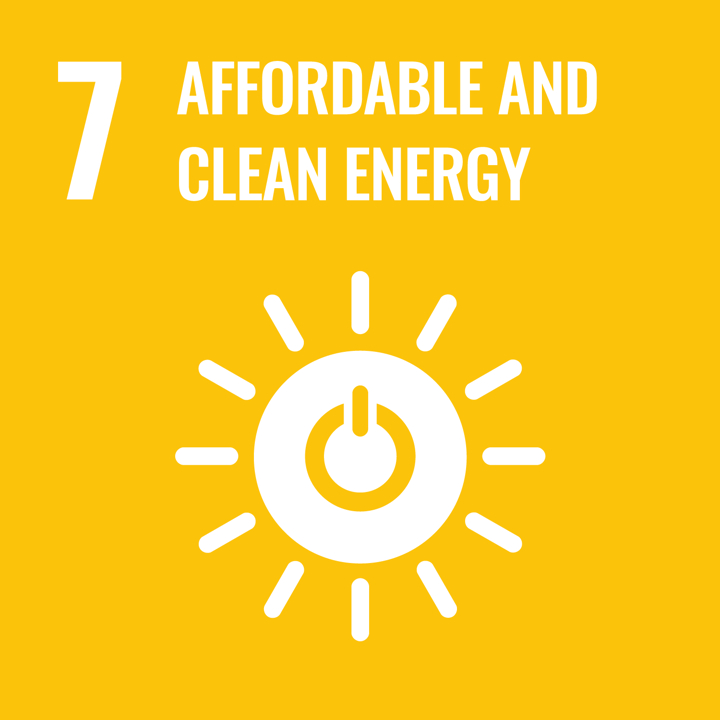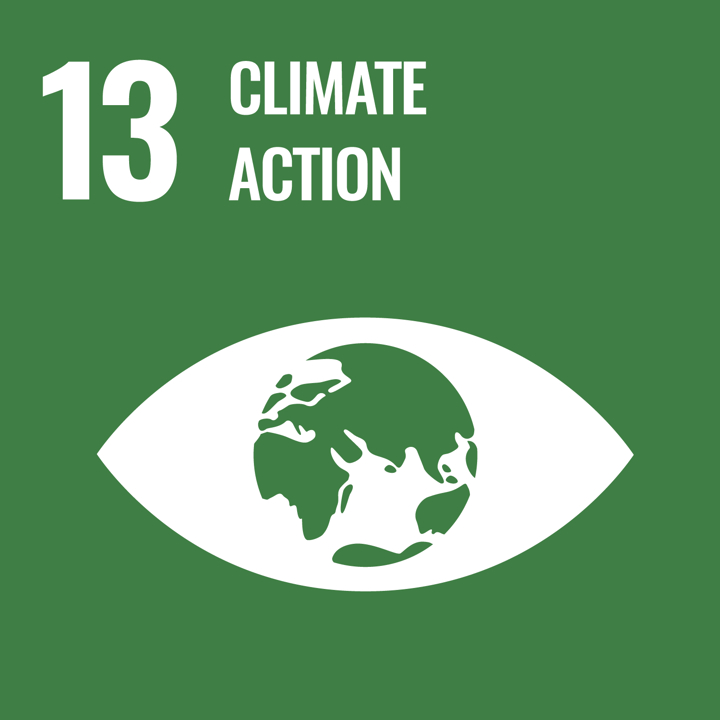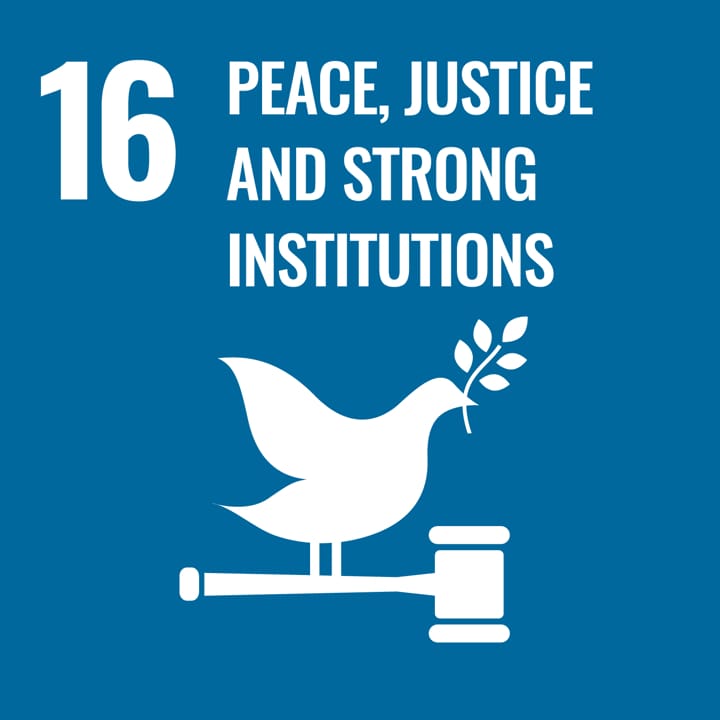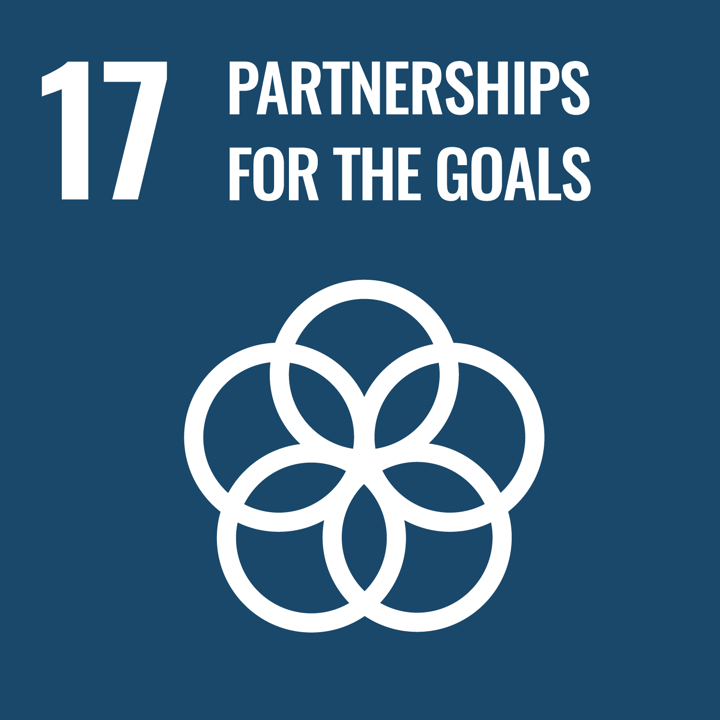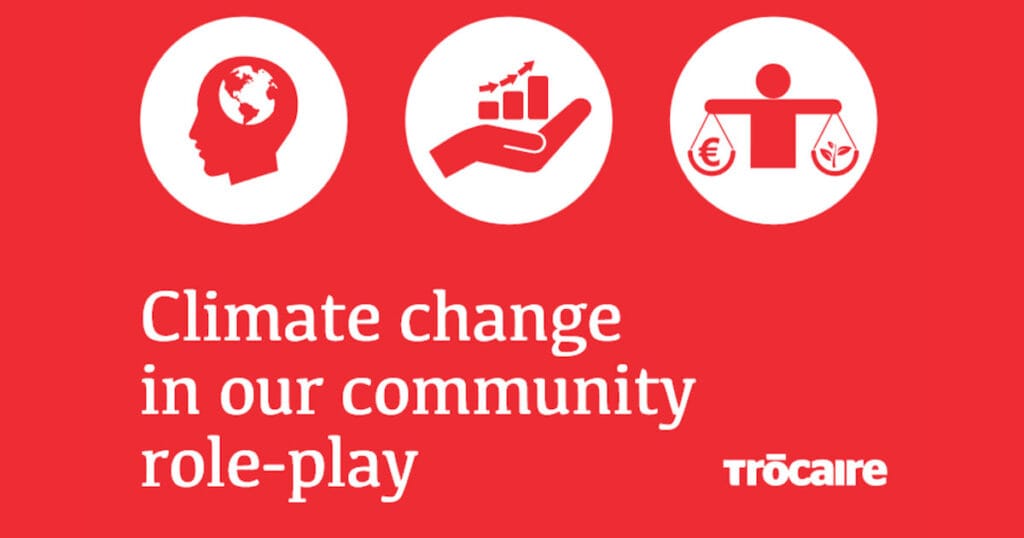
Beoogde eindgebruiker: Leraar, Lerarenopleider
Leeftijdsgroep: Lager secundair; Hoger secundair
Schoolcurriculum: Science; Social, Physical & Health Education; Social & Environment Science; Languages; Arts
Thema's en onderwerpen: Collective Action; Environmental Change; Power & Influence; Citizenship; Pedagogy Approaches
Duur: Minimum: ~1 hour
Recommended: ~90 minutes
Extended version (including deep discussion & follow-ups): ~2 hours.
Type bron: Guidelines & Notes, Lesson Plans, Workshop
Trefwoorden: Climate Justice, Collective Action, Sustainable Decision-Making, Critical Thinking, (Classroom Discussion Tools)
Talen: Engels, Duits
Beschrijving
This educational resource introduces role-playing as an interactive teaching method to engage students in sustainability and climate change discussions. It consists of a compact methodological guide and a ready-to-use classroom activity that allows students to explore real-world dilemmas related to environmental and economic decision-making.
The method guide outlines the theoretical background of role-playing, its pedagogical benefits, and step-by-step implementation for educators. It highlights how role-plays foster critical thinking, social awareness, and problem-solving skills, making learning more engaging and experiential.
The teaching unit, “Creating Futures – Lesson 8”, presents a climate change role-play scenario where students debate whether to extract or leave newly discovered oil beneath their community. They take on different stakeholder roles—including government officials, climate experts, oil companies, and local residents—to analyze the economic, environmental, and social impacts of fossil fuel extraction.
Throughout the lesson, students engage in decision-making exercises, group discussions, and reflective analysis. The activity encourages collaborative problem-solving, helping students develop a deeper understanding of the complexities behind climate policies, sustainability challenges, and collective action.
This resource is particularly relevant for subjects such as Science, Social Studies, Environmental Science, Business, and Languages. It applies student-centered approaches, empowering students to explore real-world sustainability issues through role-play and debate.
By placing students in active roles, this resource develops their civic engagement and sustainability citizenship skills, preparing them to make informed, responsible decisions for the future.
Hoe gebruik je deze bron
This resource includes a role-playing guide and a pre-designed classroom activity to explore climate change and decision-making.
- Read the Method Guide (English or German)
- Learn how role-play fosters critical thinking and problem-solving.
- Follow step-by-step instructions for structuring and facilitating role-plays.
- Implement the Classroom Activity
- Preparation: Print role cards and introduce the oil extraction dilemma.
- Role Discussion (20-30 min): Students develop arguments from different stakeholder perspectives.
- Debate & Decision (25-35 min): Groups present views in a stakeholder meeting and vote.
- Reflection (15-25 min): Discuss climate justice, power dynamics, and sustainability.
De middelen
Role Play (English) PDF:
Role Play (German) PDF:
Leerresultaten (Docenten)
- Eliciteren van voorkennis en verder ontwikkelen van kennis en begrip van de belangrijkste concepten van Duurzaam Burgerschap, waarbij gevestigde wereldbeelden en waarden in twijfel worden getrokken.
- een reeks geschikte hulpmiddelen en kaders toepassen om duurzaam burgerschap bij studenten te bevorderen
- Reflecteren op de praktijk en nationale curricula onderzoeken om mogelijkheden te identificeren om Duurzaamheidsburgerschap op interdisciplinaire manieren te bevorderen en samen te werken met externe belanghebbenden.
- Samen de kennis, hulpmiddelen en kaders synthetiseren om onderwijsmateriaal en lesplannen te maken die zijn aangepast aan hun eigen lokale context.
- Door middel van workshopactiviteiten en praktijkgemeenschappen capaciteit en agency opbouwen als docenten en leiders op het gebied van duurzaam burgerschap.
Groene competenties
- Duurzame waarden belichamen: Duurzaamheid waarderen; eerlijkheid ondersteunen
- Complexiteit omarmen in duurzaamheid: Systeemdenken; kritisch denken; probleemopstelling
- Duurzame toekomstvisies: Toekomstgerichtheid; Aanpassingsvermogen; Onderzoekend denken
- Handelen voor duurzaamheid: Collectieve actie
Creative Commons
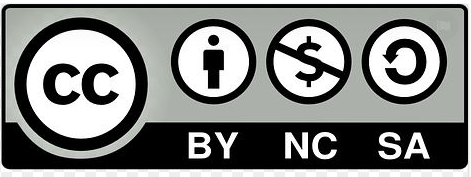
This resource “Lesson 8” is entirely made by trocaire.org.
The original resource vindt u hier.
This adaptation by Cathérine Conradty of Universität of Bayreuth (UBT) for SYNAPSES academies is licensed under the Creative Commons Attribution 4.0 International License (CC BY 4.0). This attribution does not imply endorsement by the original licensor..
SDG's

